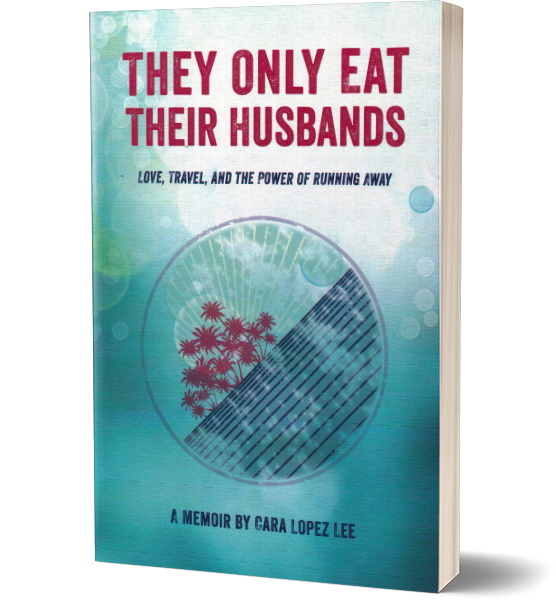Gillian Rhodes is currently living in Cambodia, working as a choreographer, teaching workshops and dancing, and immersing herself in the rich arts scene of Phnom Penh. As part of her work, she has been meeting all sorts of organizations, in all sorts of crazy places. Here’s what happened to her on the way to find Tiny Toones, a break-dancing troupe and creative education project just outside Phnom Penh:

Which Way to the Cambodian Break Dancers?
by Gillian Rhodes
There are hundreds of stories like KK’s: many Cambodian people were displaced to America and France during the repressive regime of the Khmer Rouge, and then later deported back to Cambodia, to a “home” they knew nothing about and were unprepared to face. One of them is Tuy Sobil, or “KK,” a breakdancer who was born in a Thai refugee camp, grew up in the projects of Los Angeles, California, became a gang member, and got deported to Cambodia – a country he’d never before visited. In his neighborhood just outside Phnom Penh, a few kids found out he could break dance and insisted he teach them.

KK (far left) was born in a Thai refugee camp, grew up in L.A., became a gang member, and got deported to Cambodia – a country he’d never before visited.
Today, some seven or eight years later, Tiny Toones is attended by more than 200 kids daily, who come to learn breakdancing, DJ-ing, rapping, and graffiti art, as well as English and Khmer. The original students are teachers now, and many of the students have never before been to school. They are all ages, from the very young to older teenagers. As a choreographer working in Cambodia, I knew they were a must on my list of people to meet. I got in touch with their main project director, and wrangled myself an invite to check out their center in the Chba Ampov province, just outside of Phnom Penh.

Tiny Toones is attended by more than 200 kids daily, who come to learn breakdancing, DJ-ing, rapping, and graffiti art, as well as English and Khmer.
The first problem was finding the place. I was told to go over the Monivong Bridge, but was confused as to which bridge that was. I was on my bike, a one-speed piece of work that goes only as fast as I pedal. I hauled myself up and over an overpass before realizing that wasn’t actually the bridge, and then finally got myself on the right route.
I was looking for a street just past the market, but it was soon clear that I was going where no expats do. I was the only white girl for miles around, it seemed, and the locals were watching me with some confusion and amusement. They called out “Hello!” as I passed, perhaps friendly, perhaps mocking. The problem was that I wasn’t sure how far I was supposed to go, and was now on a dirt road, surrounded on all sides by lumber yards and very curious Khmer people. It was clear to anyone watching that I had no idea where I was: I was pedaling slowly, weaving around, doubling back. I don’t like showing I’m lost in those situations, but it was impossible to avoid.
I finally stopped somewhere away from the shops to call my contact and pled lost. A few false starts and a circle later, I finally caught sight of him, the only other white person in the vicinity, and gratefully pedaled over.

Inside the classrooms, kids were diligently participating.
The center was back in the alley a bit, much bigger than it appeared from the outside, and overrun with people. Inside the classrooms, kids were diligently participating, learning dance steps or drawing. Wherever we went, they called out enthusiastically, “Hello!” Much different from the somewhat suggestive tones used by the guys on the street. They truly were thrilled to say hello. One little girl – she couldn’t have been more than six – came up to me and held up her hand for a high five. “Hello!” she said, and I gave her five. Thrilled, she went tearing away.


They attended Tiny Toones with enthusiasm, ready to learn whatever might be offered, including reading and writing.
Many of the kids there had not, and maybe would not, go to a regular school. But they attended Tiny Toones with enthusiasm, ready to learn whatever might be offered, including reading and writing. A couple of little boys sat hunched over a book in the library, and a few teenagers worked on computers in an open lab.
“Wow,” I thought. “And all because some kids just wanted to know how to break dance.”
***

Gillian Rhodes is from Colorado. She graduated in May from Columbia University with a BA in dance. She’s now a choreographer, teacher, and executive assistant in Phnom Penh, Cambodia. She eventually plans to start a dance company.




